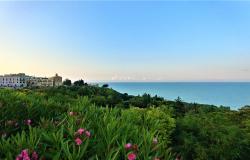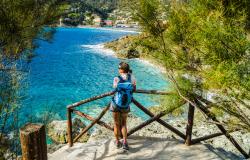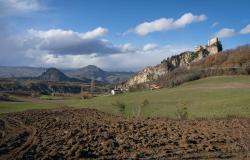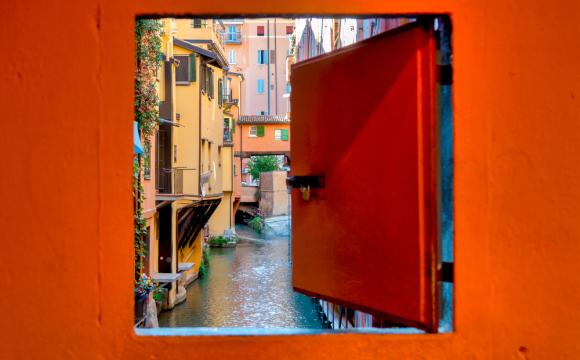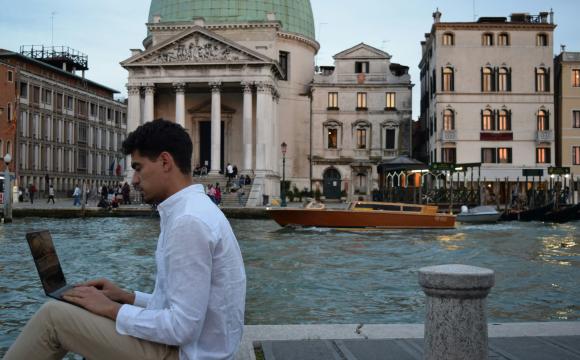
Italian environmentalists are worried about the future of the country's finest beaches, which they say are threatened by a growing trade in 'souvenir sand'.
Concern flared after it was discovered that an enterprising German was trying to sell packets of sand from a beach on the island of Elba over the Internet. The seller, who is still nameless, posted an advert on the German eBay website offering packets of sand for 1.99 euros each. There were photos of the little sachets alongside the offer.
"It's a new fad for collectors which is putting our natural resources in danger," said Umberto Mazzantini of Legambiente.
Illegal trading in sand from Italy's beaches was aimed at a market of sand collectors which was expanding fast, he continued, adding that buyers were both tourists and people interested in minerals.
According to Legambiente, it is possible to buy sand from several Italian beaches over the internet. Among the sands on offer are samples from beaches near Ferrara, the Sicilian island of Salina and even the shores of Lake Garda.
"This seems like a harmless way of remembering a beach resort. But grain by grain and stone by stone it is doing serious damage to our coasts," Mazzantini said.
Environmentalists say something must be done quickly to put a stop to this "dangerous fashion" before it takes off and the country's beaches suffer irreversible damage. There are various ideas about how best to stem the phenomenon, which is not entirely new and which probably always goes on to a certain extent.
In the past there have been instances of local councils dispatching beach guards to watch over bathers. But even this approach, which is costly to local authorities, is no guarantee that cunning collectors won't grab a handful when no one's is looking.
One famous case involved the 'Spiaggia Rosa', a Sardinian beach famed for its pink sand. The sand appealed to many visitors so much that they started taking it away and the beach began to lose its distinctive colour. Here the problem was confronted by limiting the number of people allowed onto the beach in a day and making them pay for the privilege of being there.
Some expected this approach to make people even keener to take away some sand, as a sort of payback for their entry fee. But in fact it seemed to make visitors more aware of the beach's value and fragility.
"These things stop as soon as authorities start paying attention," Mazzantini said, adding that sometimes it was enough to simply put up a sign forbidding the removal of sand.
Italian beaches have a history of being plundered. But in the past the phenomenon was usually focused on a few isolated localities.
People living near the Cala Violino beach in Tuscany protested in 2004 because they said the sand, famed for making a sound like a violin when walked on, was disappearing fast into daytrippers' pockets.
A few years earlier there was an alarm on Elba over the diminishing stock of the speckled pebbles particular to the Ghiaie beach. Visitors were so fascinated by the legend surrounding them that they took them as souvenirs. The beach is supposed to be where Greek heroes Jason and the Argonauts landed in ancient times. Tradition has it that their sweat fell on the stones, leaving them speckled forever.


